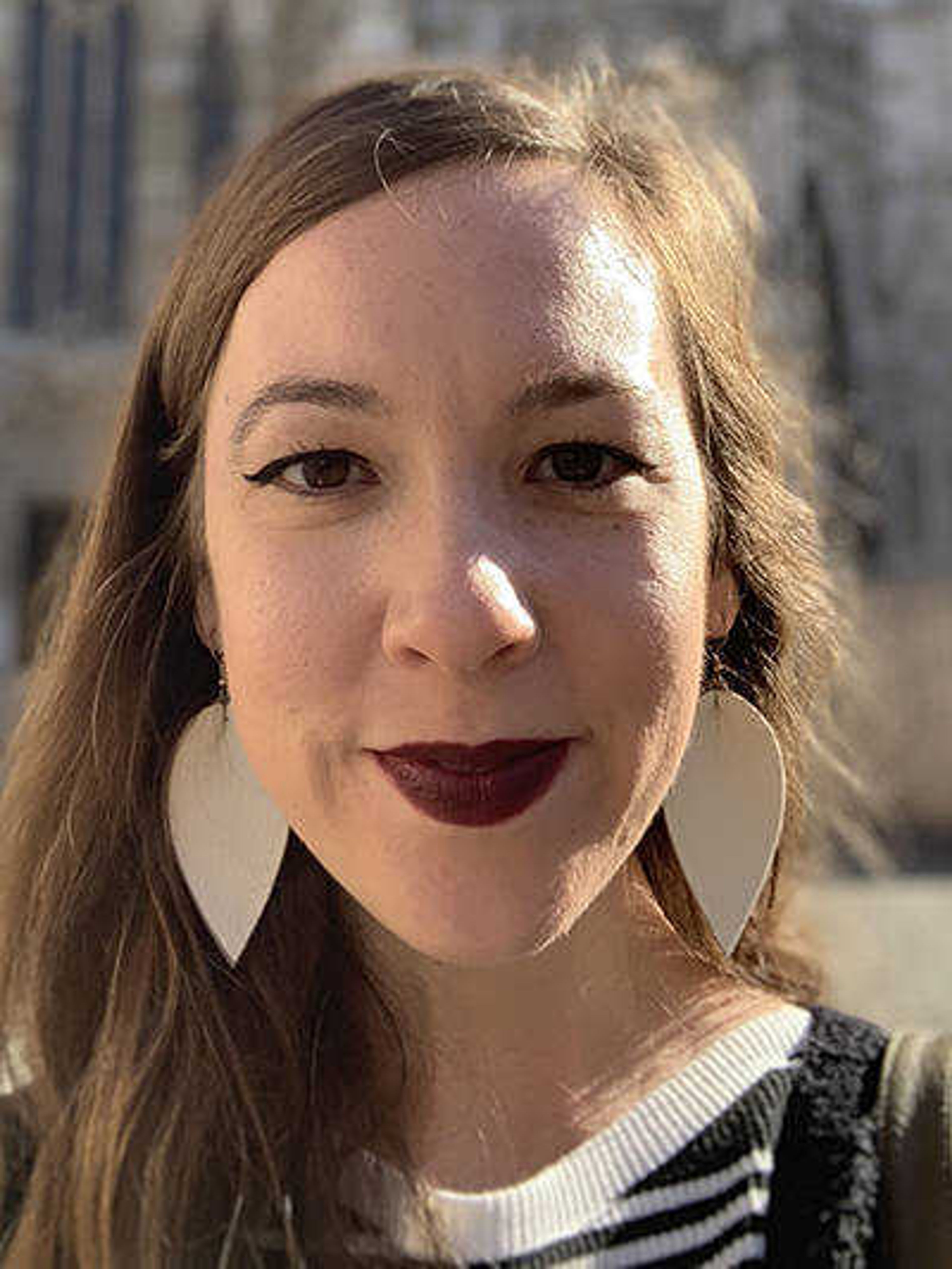'As simple as bread and dust'
We are bread and dust, and this has been amazing me. This past week I went to a Corpus Christi procession and a funeral, and was reminded of our humble existence as humans and the incredible love with which God surrounds us. I love that Jesus demonstrates his humanity to his disciples after he rises from the dead by eating breakfast with them. In eating with another, we are reminded of our shared human condition of perishability and need for fulfillment...
By Mia Pohlman
We are bread and dust, and this has been amazing me.
This past week I went to a Corpus Christi procession and a funeral, and was reminded of our humble existence as humans and the incredible love with which God surrounds us.
I love that Jesus demonstrates his humanity to his disciples after he rises from the dead by eating breakfast with them. In eating with another, we are reminded of our shared human condition of perishability and need for fulfillment.
Corpus Christi is a Catholic feast that celebrates Jesus' Presence in the Eucharist. Catholics believe God transforms the piece of bread during Mass into Jesus' body, and the wine into Jesus' blood. When we eat and drink this, we become Jesus' body, united with God and with each other.
Because we become one with each other, we take on each others' burdens and joys. We are bread and we are God, and this oneness extends to everyone, no matter what their beliefs.
This being human business is a holy thing.
Father Bill always said, "Anytime we eat with another person, it's communion." We need sustenance; we are unable to sustain ourselves without food. So, too, we are with God -- we live in, with and through God, and God lives in, with and through us.
Funerals, too, remind us who we are. They remind us we are not in control, we are dust, we are susceptible to time. It is this susceptibility that makes us who we are, that makes us human and not God. It is this shared vulnerability and the pain caused by what we perceive as separation from the love we've known -- something we all are trying to make sense of -- that unites us as people.
In a commencement address he gave at Naropa University in 2015, Parker J. Palmer said, "If you hold a healthy awareness of your own mortality, your eyes will be opened to the grandeur and glory of life. And that will evoke all of the virtues ... such as hope, generosity and gratitude."
He also quoted Diane Ackerman, who writes that life "began in mystery and it will end in mystery, but what a savage and beautiful country lies in between."
On a train through the Polish countryside, this is what I saw out my window: two kids, a boy and a girl, standing with their two young mothers, jumping up and down on the gravel road as our train rumbled by, waving.
A man in his garden, square patch of dirt out in the open alongside the tracks, hoeing.
A funeral procession, the people in the line walking along the gravel road, to that wooden cross, upright and tall in the ground.
We are as simple as bread and dust -- this is who we are. And yet our God places such significance and worth in our simplicity and humility that God became this, too.
This state of perishability is sacred and, in it, we can wonder at this world in which all things are passing away as our God brings all things to himself in a unity and love that will never end.
Connect with the Southeast Missourian Newsroom:
For corrections to this story or other insights for the editor, click here. To submit a letter to the editor, click here. To learn about the Southeast Missourian’s AI Policy, click here.










